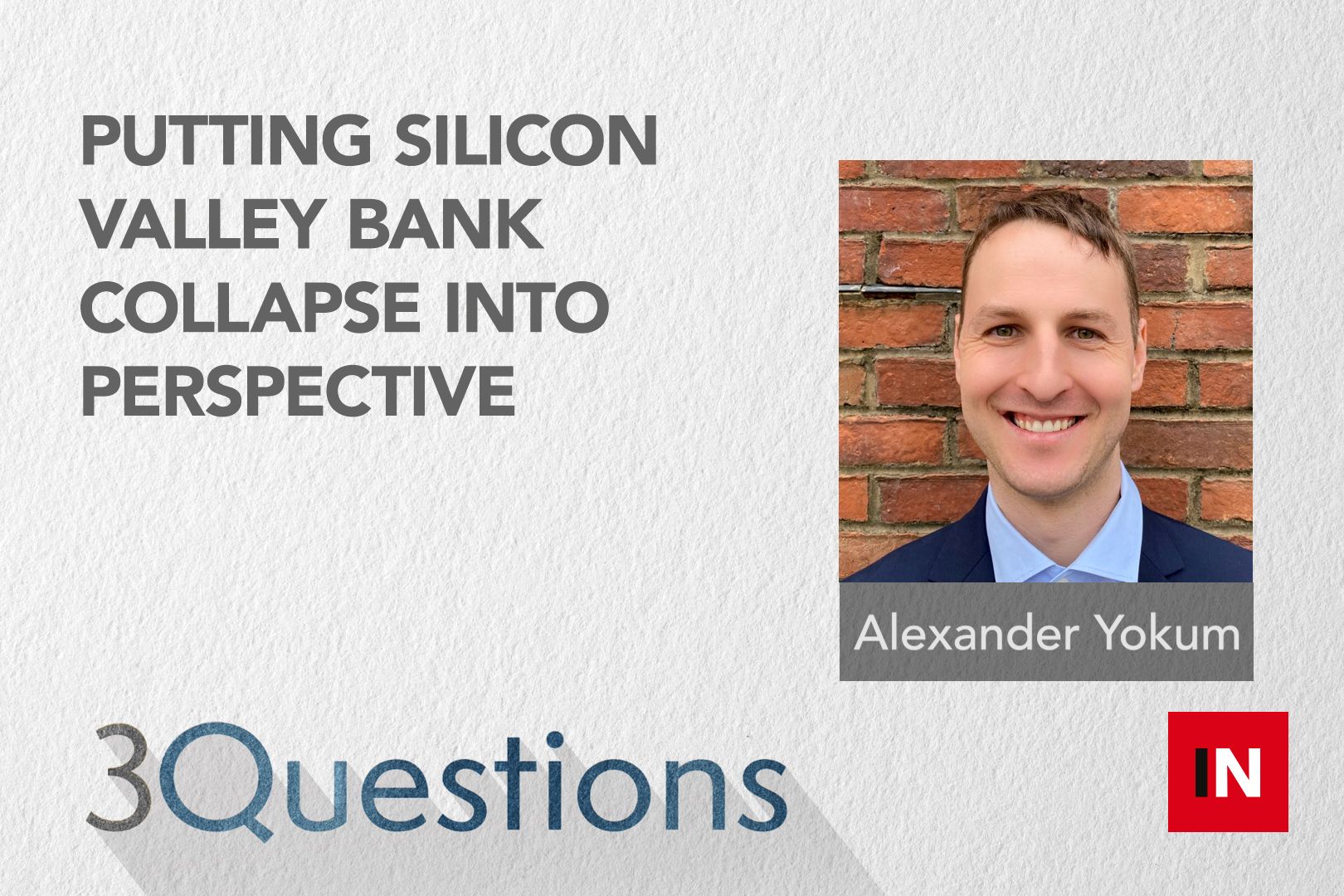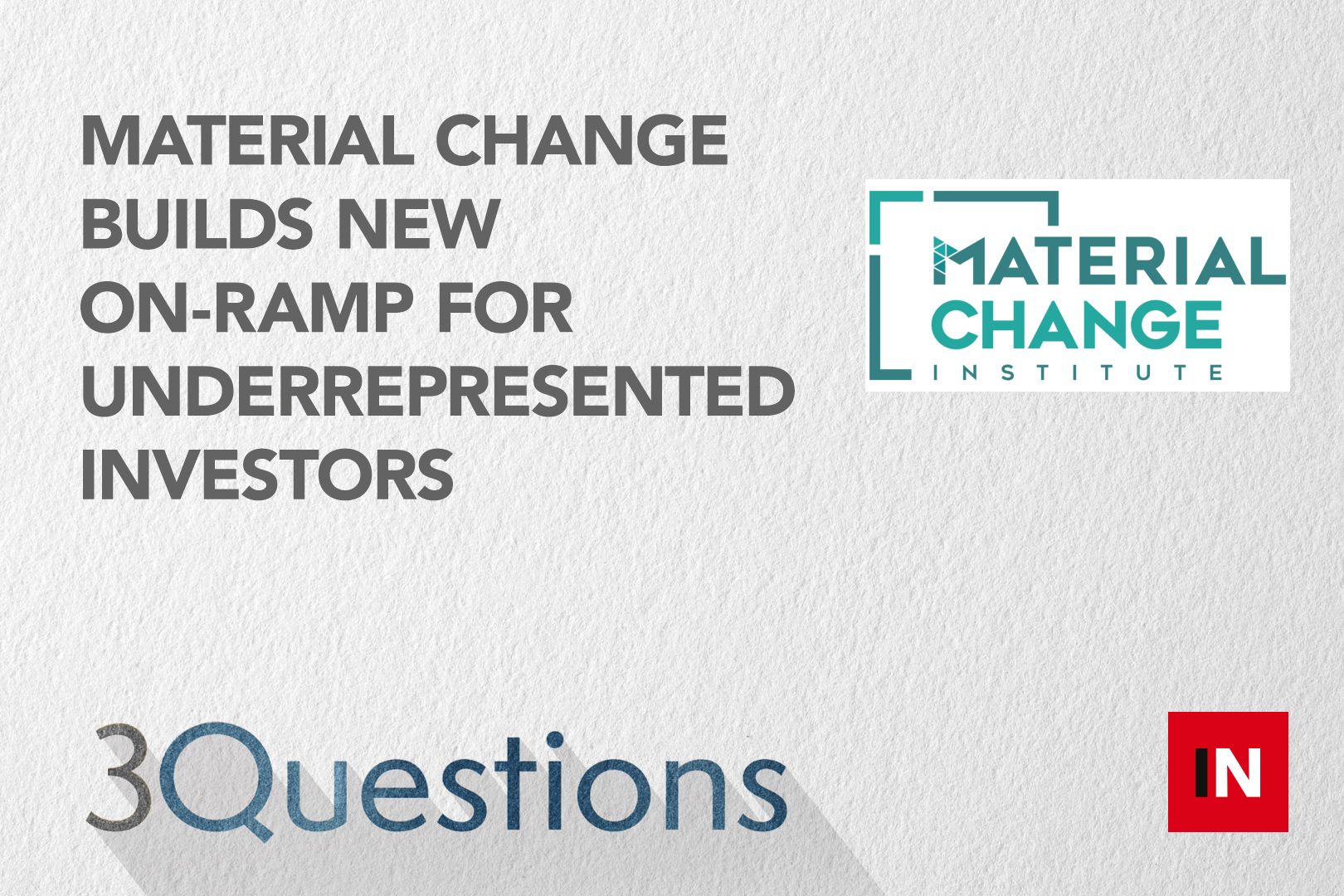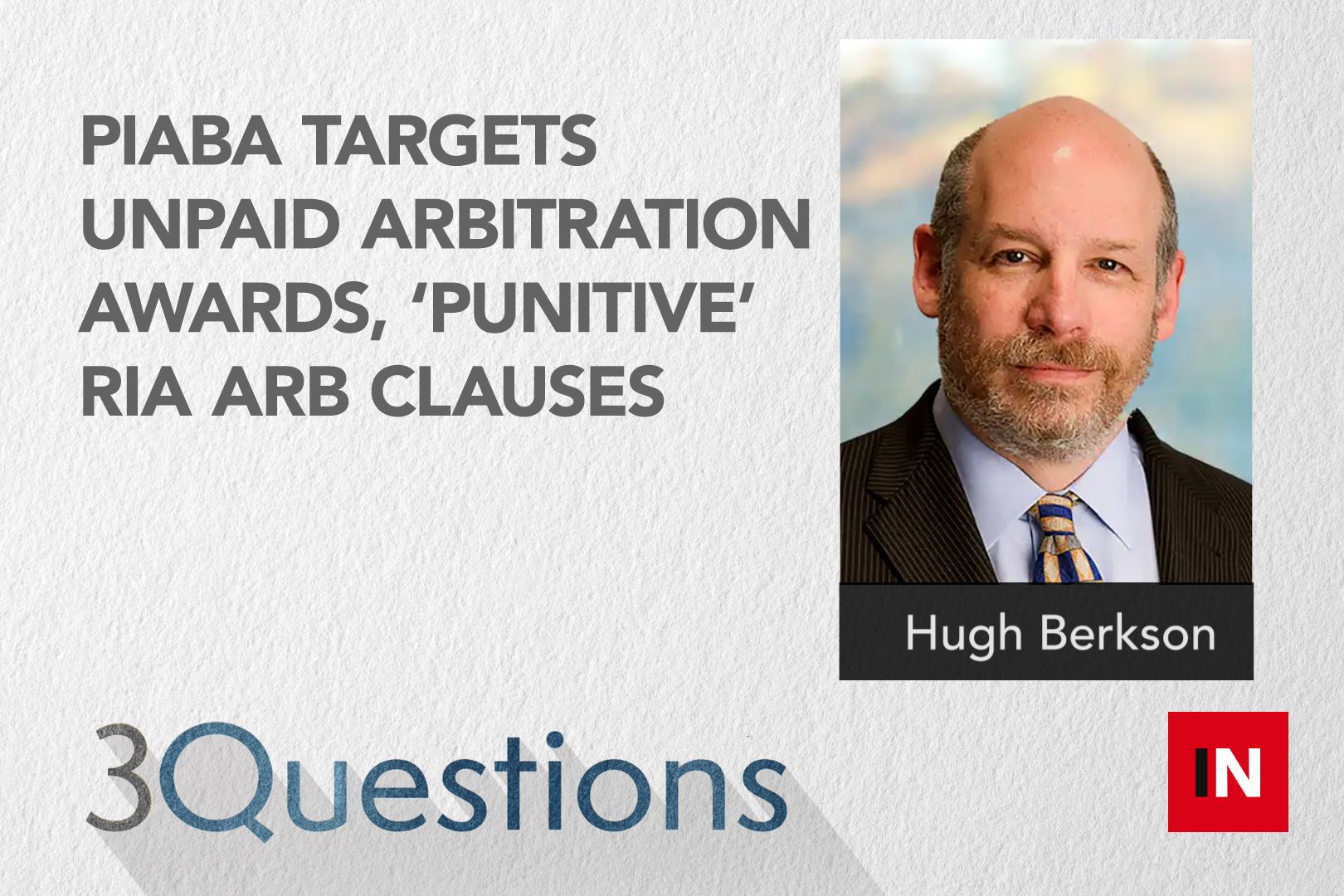Balancing your portfolio with fine wine
Wine can serve as an alternative investment that provides balance to a portfolio, says Gemma Castle, CFO at Cult Wines, which offers fine wine asset management. Castle says wine has been "a stellar performer" amid pandemic-induced market volatility.
[Transcript]
[Jeff Benjamin] Hey folks, my name is Jeff Benjamin and this is ‘3 Questions’. We’re talking today with Gemma castle, CFO at Cult Wines. Very interesting stuff here. Investing in wines is what we’re going to be talking out. How you doing Gemma?
[Gemma Castle] I’m very well thanks Jeff, how are you doing?
[JB] I’m great, and thanks for being here to walk us through this. First of all, ‘Cult Wines’ is a great name, it sounds like you’re having a lot of fun over there. What exactly is that company?
[GC] So Cult Wines is a global leader in fine wine asset management. We’re able to offer to clients a very bespoke and dynamic approach to their wine portfolio. It’s premised on three key facets really: our continued investment in technology particularly artificial intelligence to produce optimal analytics, our relationship with some of the world’s leading wine producers, and ultimately it’s our team. We’re very passionate and knowledgeable about wine and that translates into robust and leading investment advice.
[JB] OK. How does wine fit into a diversified investment portfolio?
[GC] Well, I think that wine for most mainstream investors is one of their alternative investments and sort of acts as a balance to maybe their mainstream portfolio. I mean, in the backdrop of the pandemic, wine certainly has been a stellar performer in comparison to some of the more volatile equity markets. You know, the returns might not be as great but you don’t suffer the significant whiplash effect and there is certainly lower volatility. So I think it represents a very good investment particularly in these type of economic climates.
[JB] How do you invest in wine? I mean, I buy wine, sometimes by the box, sometimes by the case, but I don’t often consider that an investment. I consider it an investment in a good meal or a good evening, but what am I doing? Am I buying this stuff to leave it in my basement or for what? How does this work?
[GC] No, you are initially having a conversation with an experienced portfolio manager, who, I think the key principle is to get a good balance for your portfolio in terms of region and vintage, and then couple that obviously with, you know, capital outlay to make a meaningful annual return, and so you would create a balanced portfolio in consultation with your portfolio manager, and then your wine would remain in a bonded-warehouse until such time as you might wish to sell it, or even add to it. So you don’t actually take physical possession of it, and I think that some of the key issues that perhaps some people maybe don’t fully acknowledge.
[JB] That’s excellent stuff Gemma. I’m glad we got you on here to talk about how to invest in wine and put it into a diversified portfolio. Maybe it’s later where you are in Europe and you’re getting ready to sample some of your wine collection, I don’t know. It’s a little early for me, but I’m thinking about it already, so thanks a lot for being here.
More on Wine as an Investment
Investing in fine wine is producing ever-greater returns – French wines dominate portfolios; California wines constitute only a small fraction of what’s traded.
Investing in fine wine to diversify and de-risk your portfolio – If you are looking for an asset to outperform financial markets and commodities over the long term, Peter Shakeshaft of Vin-X offers a guide to investing in fine wine.



